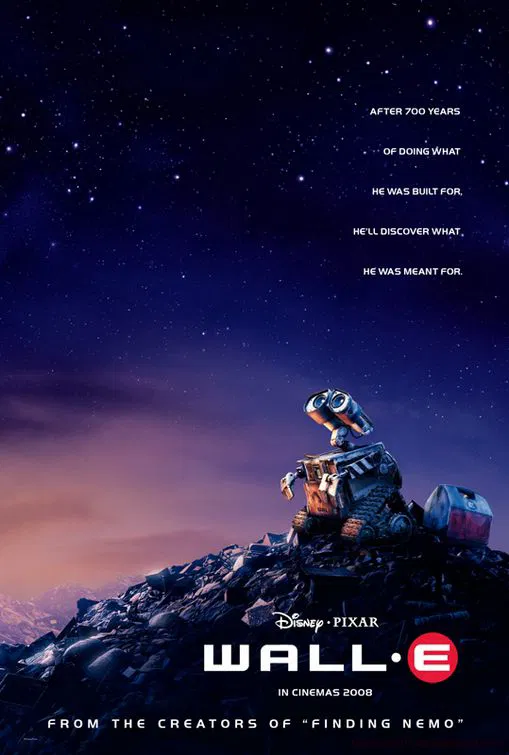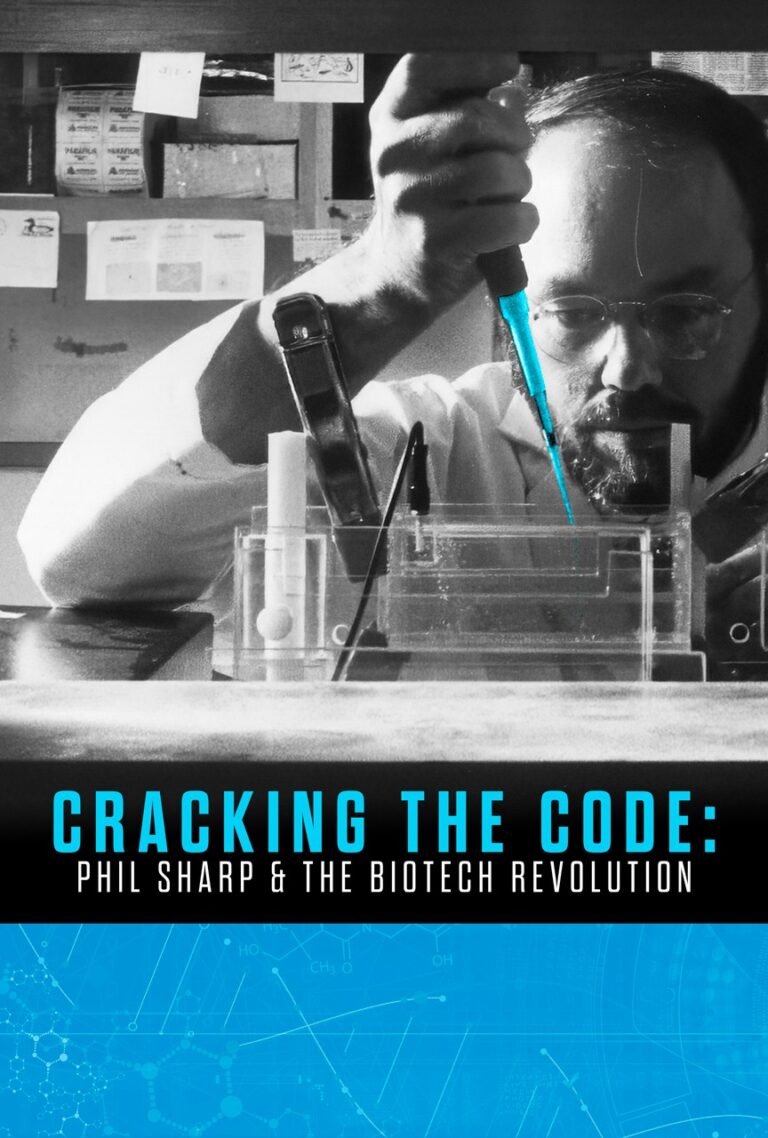“Controversial Topic with Good Intentions”

| None | Light | Moderate | Heavy | |
|---|---|---|---|---|
| Language | ||||
| Violence | ||||
| Sex | ||||
| Nudity |
What You Need To Know:
CRACKING THE CODE has great production values, showcasing seamless transitions between scenes, relevant and connected interviews for each topic presented in the movie, and stock footage that relates well to the narrative, Sharp’s humility, and great direction for the silent actors. It has a light moral worldview that emphasizes doing the right thing, where scientists encourage one another to cure people through the advancement of modern science. It has one obscenity, a couple of inoffensive nude moments, one instance of drinking, tobacco depiction, and smoking. It also includes the Moderna COVID-19 vaccine, so MOVIEGUIDE® advises caution for older children, including young teenagers, and sensitive adults.
Content:
A light moral worldview about doing the right thing where scientists encourage each other to cure people through the advancement of modern science. A man says he feels blessed. People talk about the moral consequences of genetic experimentation, and one woman says the words “hope” and “prayer” during an interview.;
A man says, “what the h*ll.” Another says he was screaming obscenities and says holy but does not say the actual words;
No violence;
No sex. A woman references getting in bed with pharma but will probably go over children’s heads;
Footage of a doctor putting a stethoscope on the bare belly of a pregnant woman. A brief scene of a man’s back while he swims in a pool;
One instance of people drinking alcohol in celebration;
Depiction of tobacco farm through stock footage, but there is no use. One man has a cigarette in his mouth. Another man smokes a cigar;
A controversial reference involves the use of the COVID-19 vaccine without any reference to potential repercussions.
More Detail:
CRACKING THE CODE begins with an autobiographer who talks about three innovation revolutions in the modern era: physics, digital, and genetics. He emphasizes how the discovery of RNA’s purpose in contemporary medicine overshadowed the discovery of DNA. The movie depicts Sharp’s birthplace in Kentucky and how he and his family struggled to grow up in poverty.
CRACKING THE CODE also includes his relationship with one of his sisters, his elementary school teacher, his graduation from Union College, where he met his wife Ann, and his getting a Ph.D. in chemistry from the University of Illinois. Sharp performed postdoctoral research at the California Institute of Technology and Cold Spring Harbor Laboratory. He became an Institute Professor at MIT, where he was recruited to the Center for Cancer Research.
He fought heavily against the city council when many politicians considered genetics to be harmful to humankind. He led a research team of college students to find medicine against cancer and developed insulin for people with diabetes. He also shared a 1993 Nobel Prize for his work in RNA splicing, and doctors at a pharmaceutical company called Moderna developed a coronavirus vaccine using his research.
CRACKING THE CODE has great production values, showcasing seamless transitions between scenes, relevant and connected interviews for each topic presented in the movie, and stock footage that relates well to the narrative. Family members and individuals who have worked with Sharp throughout the years paint a sympathetic picture of him, and audience members will notice his humility. He genuinely wants to cure people and promote the advancement of science to achieve that noble goal. He even congratulates his college students after winning the Nobel Prize.
The filmmakers also did a great job showing Sharp interacting with his peers and directing the actors who played the different interviewees to present events through moments of frustration and excitement during Sharp’s life. Documentaries have done this before, but the level of budget and cinematography put this near the top of the list of movies in this genre. The movie tends to be slow in parts and sheds a positive light on the Moderna COVID-19 vaccine.
Children under thirteen years old are likely to be bored by this movie due to the complicated medical terminology and somewhat slow pace. For teenagers in school who are studying science and mathematics, it might be more interesting for them. Adults who study any science, including chemistry, biology, and mathematical fields, might also find the subject matter fascinating.
The movie presents a light moral worldview, emphasizing the importance of doing the right thing, as scientists encourage one another to cure people through the advancement of modern science. A man says he feels blessed. People talk about the moral consequences of genetic experimentation, and one woman says the words “hope” and “prayer” during an interview. It also includes controversies, such as the Moderna COVID-19 vaccine, so MOVIEGUIDE® advises caution for older children, including young teenagers, and sensitive adults.


 - Content:
- Content: 
